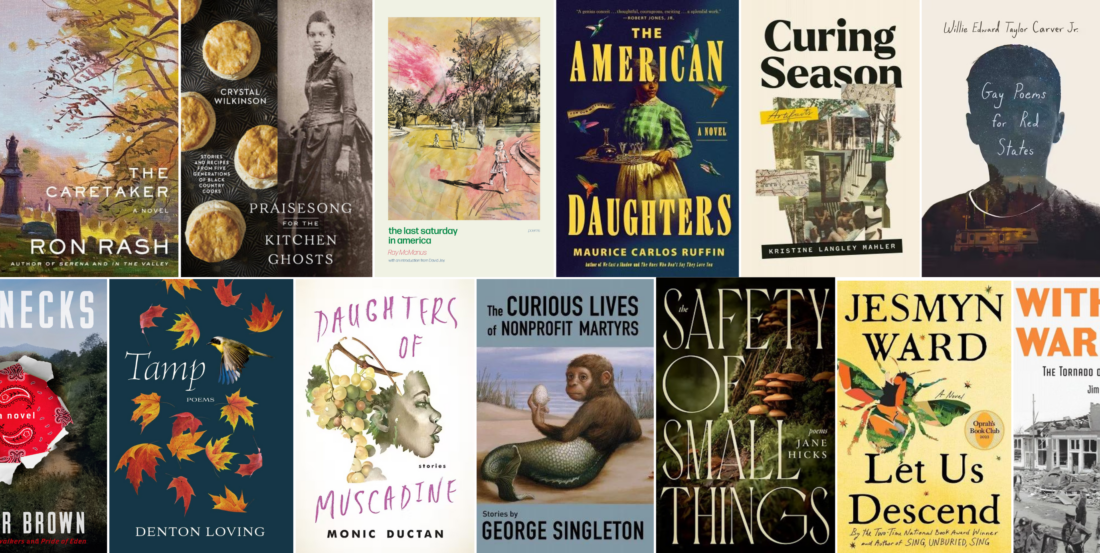I’ve been assured that if I bring another book into this house, I will be killed. It’s a justifiable response. There are stacks under the desk, stacks under the bed, stacks in the closet, stacks by the stairs, stacks in the barn, stacks in the truck, stacks in my camper at hunting camp. Like I said, the response is justified. But I tell you all of this to say that should I be found beneath a two-story to-be-read pile like some miner in a tunnel collapse, ask questions, friends. I beg you to ask questions.

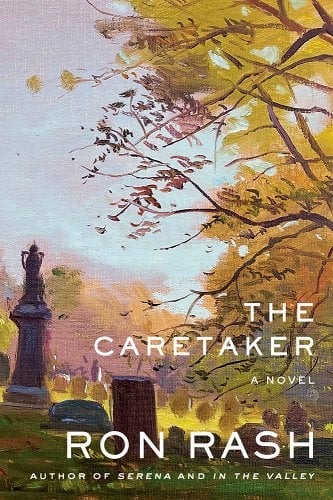
My most highly anticipated book of the year was Ron Rash’s The Caretaker. It’s been seven years since Rash’s last novel, and trust me when I say that the wait was not in vain. Brilliantly lithe and cemented to place with language honed sickle sharp, The Caretaker is a 1950s, Korean War–era story that tests the boundaries of friendship, family, and love. This might be some of Rash’s finest fiction, which is saying a lot, for as long as that man’s breathing he’ll remain the undisputed king of Appalachia.
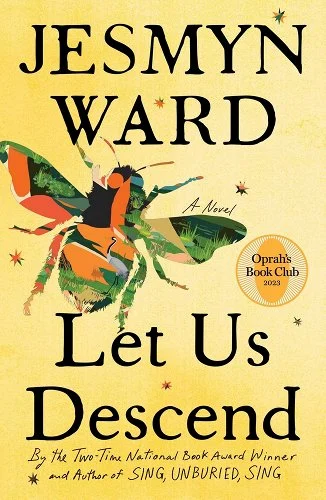
If Ron Rash is king of Appalachian literature, Jesmyn Ward is queen of the American South, and arguably American letters at large. Her 2023 novel, Let Us Descend, ranks right up there with Sing, Unburied, Sing and Salvage the Bones. The beautifully balanced novel hinges between darkness and light, despair and joy, and Ward’s language carries readers like a current. From the opening line, I was spellbound: “The first weapon I ever held was my mother’s hand.”
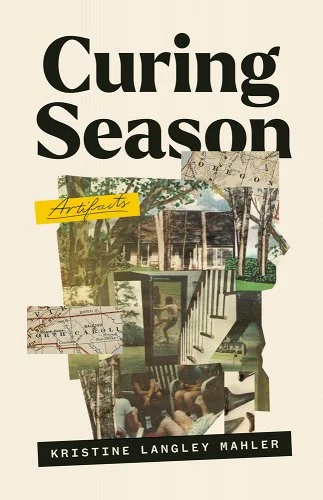
I didn’t read a lot of nonfiction this year, but there are two books that really stand out. The first might’ve released at the tail end of 2022, but I didn’t stumble onto Kristine Langley Mahler’s Curing Season: Artifacts until January. I don’t know that I’ve ever read a book like this, and that’s a rare thing to say—a memoir that longs for belonging and rootedness to places and people displaced and unfamiliar. Mahler eventually drives herself into a home all her own like a wedge into firewood. This is a brilliant experiment in form that intimately examines what it truly means to fit into a place.

The second, Jim Minick’s Without Warning, walks readers through the wreckage of Kansas’s deadliest tornado in history. More than a story about storms, what really carries this book is the time and care Minick spent with the stories of survivors. A time capsule of rural American lives and a testament to the tenacity and grit of the human spirit, Without Warning is a story of loss and despair, resilience and hope, all rendered stunningly by prose deeply measured and tightly wrought.
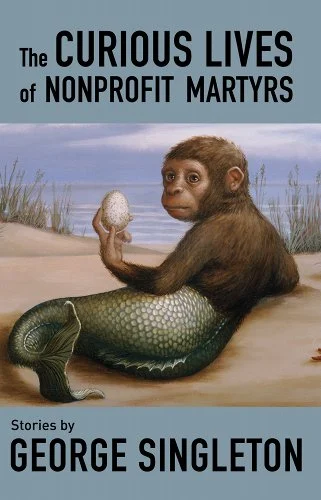
If you’re into short stories, we got a new collection this summer from one of the greatest writers the South has ever produced. George Singleton never disappoints, and his latest collection, The Curious Lives of Nonprofit Martyrs, is no exception. Singleton seems to have an endless bag of characters at his disposal, and he is a master of everyday observation. He brings us glimpses into lives we’ve never seen and cannot turn away from, then leaves us realizing afterward how those lives are scarcely different from our own. Always walking that tightrope between comedy and tragedy, these are stories that show us what it means to be human.
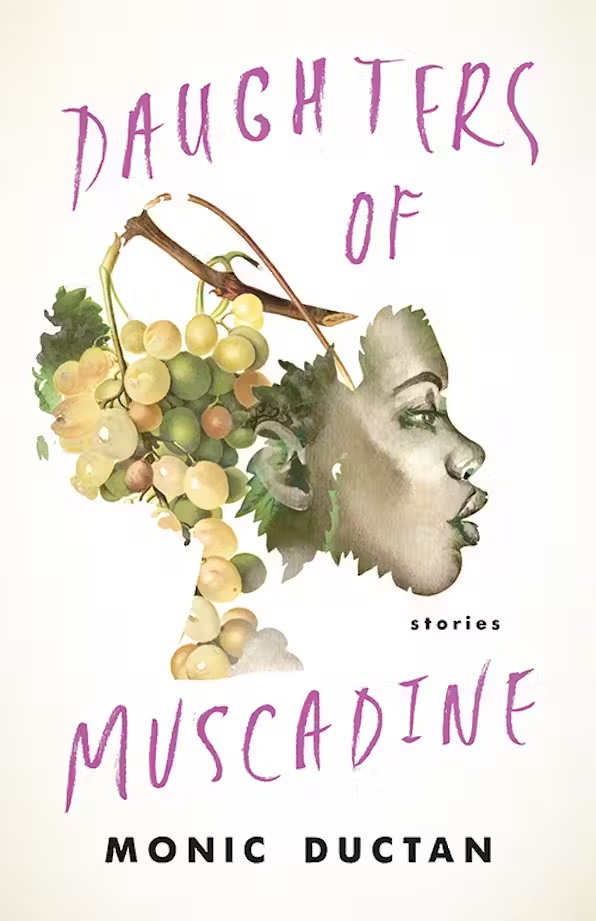
The other story collection I want to share is the book I’m currently reading. Monic Ductan is one of the finest new voices I’ve read in a long, long time. Her debut collection, Daughters of Muscadine, seamlessly blends stories across a century of time, illuminating the way that a land holds memory. Deeply seated to a place and a people, this is one of the best books to come out of southern Appalachia in many moons.
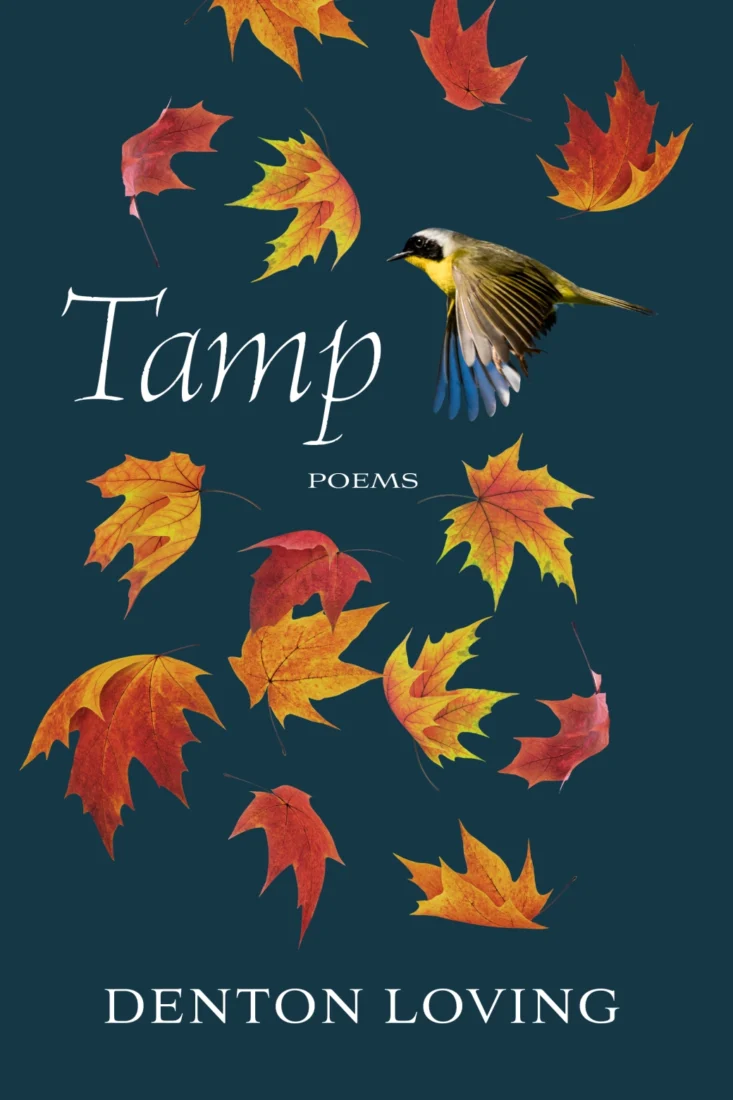
There was a two-way tie for my favorite collection of poetry this year. The first was Denton Loving’s Tamp. I’ve been a fan of Loving since his debut collection, Crimes Against Birds, nearly a decade ago. But in the East Tennessee poet’s new collection, the knife edge is polished, the landscape rooted, the insights deeply considered and carefully brought. These are poems about fathers and sons, about mourning and morning, about place, people, love, and memory. Elegiac, but less sorrow-filled than hopeful, this is quite simply one of the most beautiful books I’ve ever read.
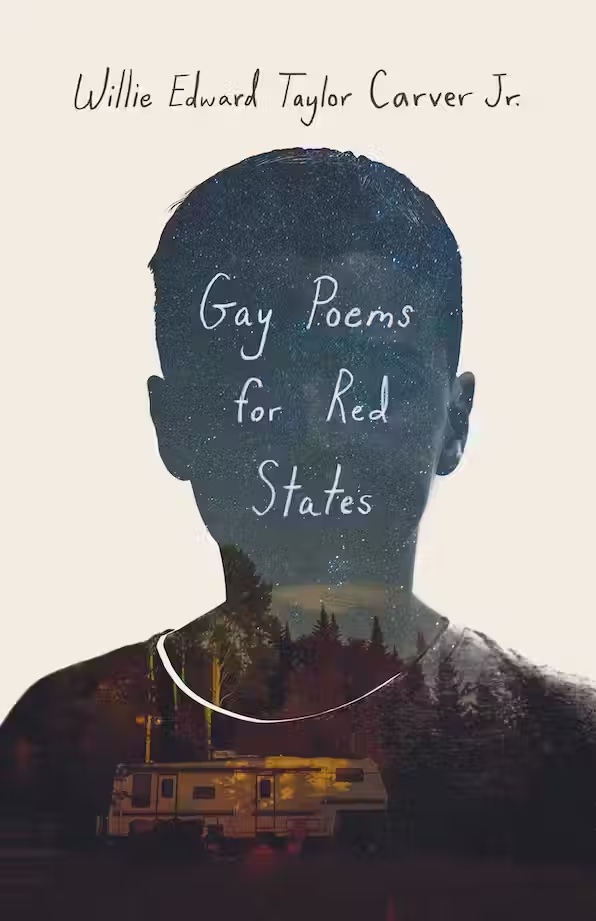
The second is Willie Edward Taylor Carver Jr.’s Gay Poems for Red States. I remember listening to George Saunders discuss the role of literature once, and he said that when it was done well, it had the capacity to serve as empathy’s training wheels. Carver’s collection kicks those training wheels to the curb and sends us flying down a hill on two wheels. Some books are just entertaining. Some books are just fun. But some books are important and needed, and this is one of those. It’s filled with vulnerability, honesty, and truth. I’m thankful this collection exists.
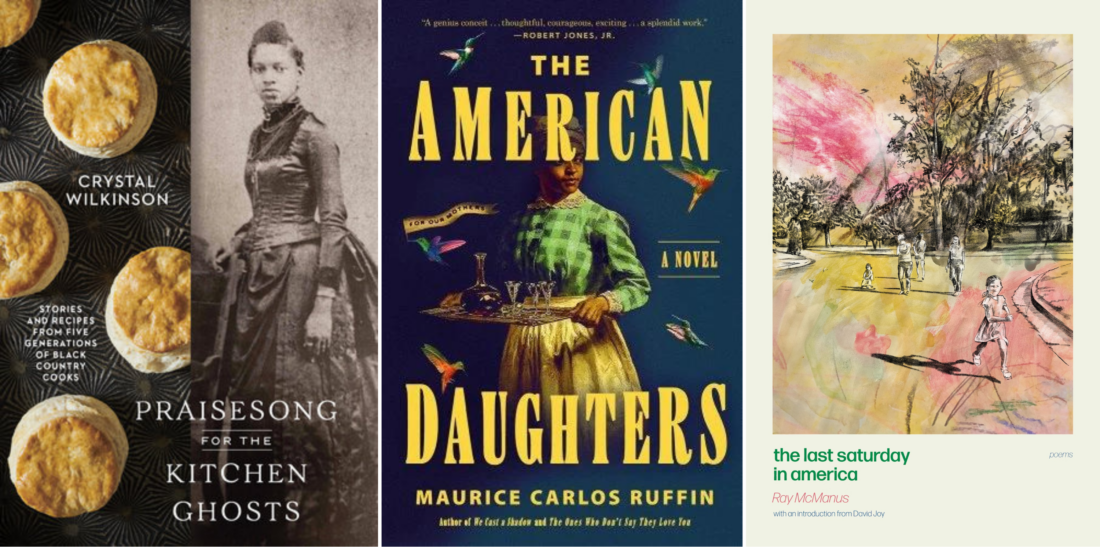
Lastly, I’d be remiss not to mention a few books coming down the pike. First and foremost, Crystal Wilkinson’s memoir/cookbook, Praisesong for the Kitchen Ghosts, is almost out in the world, and it’s guaranteed to be one of the best books of next year. On top of that we get a new novel from one of my favorites, Maurice Carlos Ruffin, whose The American Daughters will surely be exceptional. I’m also excited for folks to finally get their hands on Ray McManus’s The Last Saturday in America, which is one of the finest collections of poetry I’ve read.
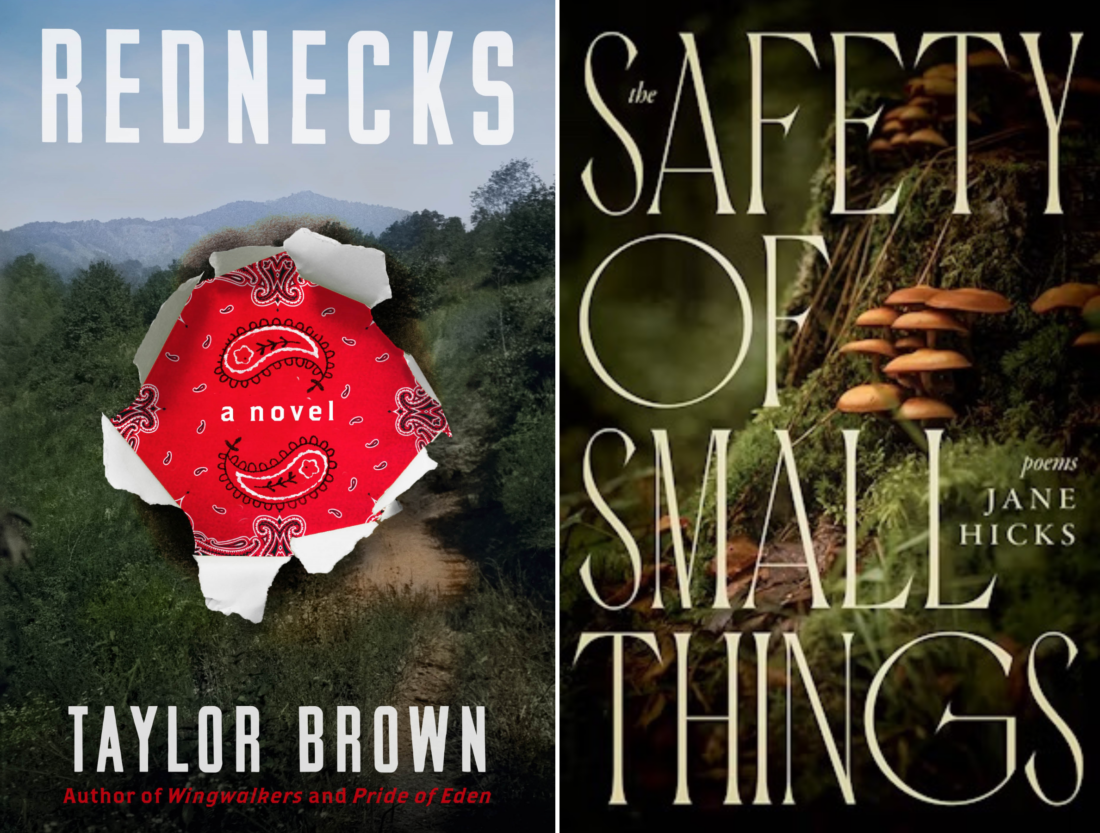
Add on top of those three a new novel from Taylor Brown (Rednecks) and a new poetry collection from Jane Hicks (The Safety of Small Things), and there’s just a whole, whole lot to look forward to coming out of the South in the New Year.
David Joy is the award-winning author of five novels, including his latest, Those We Thought We Knew. He lives in the North Carolina mountains.
Garden & Gun has affiliate partnerships and may receive a portion of sales when a reader clicks to buy a product. All products are independently selected by the G&G editorial team.


